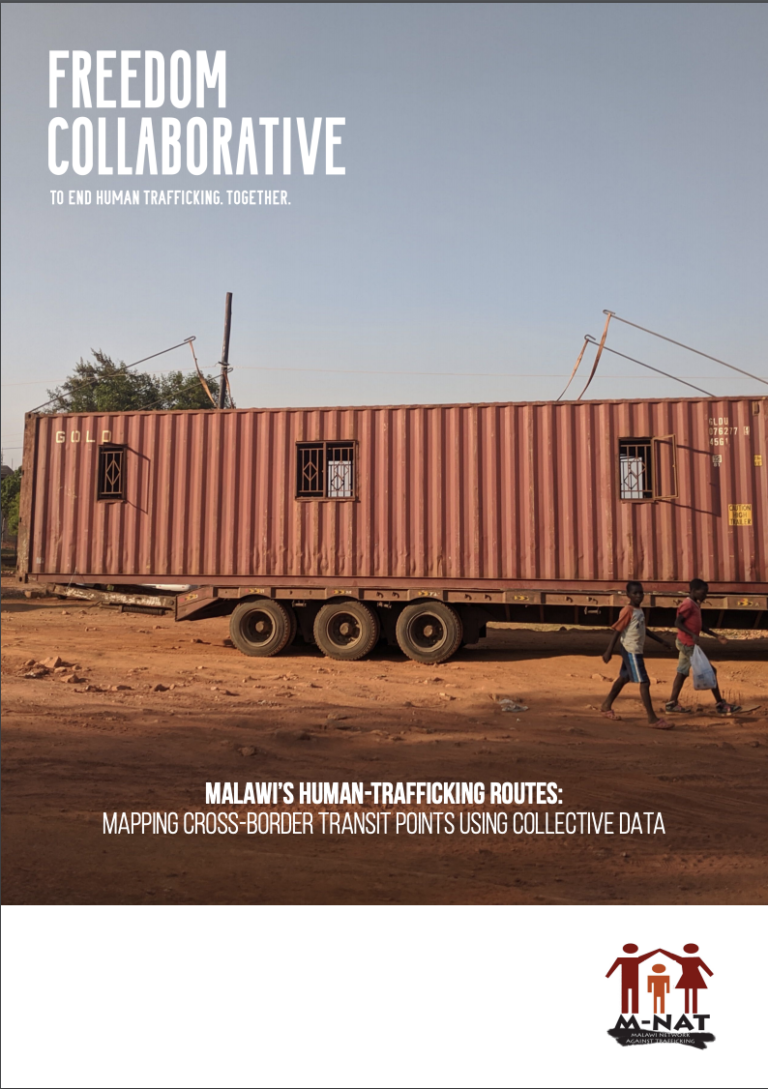The existence of our group, the Malawi Network Against Trafficking, is testament to the high level of collaboration and support that already exists within the anti-trafficking sphere in Malawi. We are very lucky to have a community that spans nearly every sector of society and works together for a common goal. However, a lack of robust data on both victim case studies and victims’ movements from, through and beyond Malawi is a constant obstacle to further progress for many of our organizations. This exercise is therefore the first step in a data collection journey that is urgently needed, and that we hope will take our fight against trafficking in persons to the next level of success.
Identifying the routes of trafficking that exist in Malawi is paramount to our ongoing work, as this information will inform best practice for achieving the ‘3 Ps – Prosecution, Prevention and Protection – within Malawi’s anti-trafficking community. Knowledge of such routes will enable MNAT and its network members to develop best response strategies, working together with our partners in the fight against this national and global issue.
MNAT representatives sit on the National Coordination Committee on Combatting Trafficking in Persons, under the Ministry of Homeland Security, where it chairs the Program, Planning and Monitoring Committee. The network has been key in advocacy of TIP Law and the Trafficking in Persons Fund, to mention just two areas of our work. The information we could gather from an ongoing collective data initiative would allow us to carry out this work far more effectively and efficiently, with goals that are more thoroughly researched and precisely targeted.
We would like to thank the contributors to this exercise, a project which will assist in curbing the crime of human trafficking in Malawi. We are also indebted to the government of Malawi, through the Ministry of Homeland Security, for the support they give us in our work. We are very grateful to Liberty Shared for supporting the implementation of this project and to Global Hope Mobilization (GLOHOMO) for hosting the network

